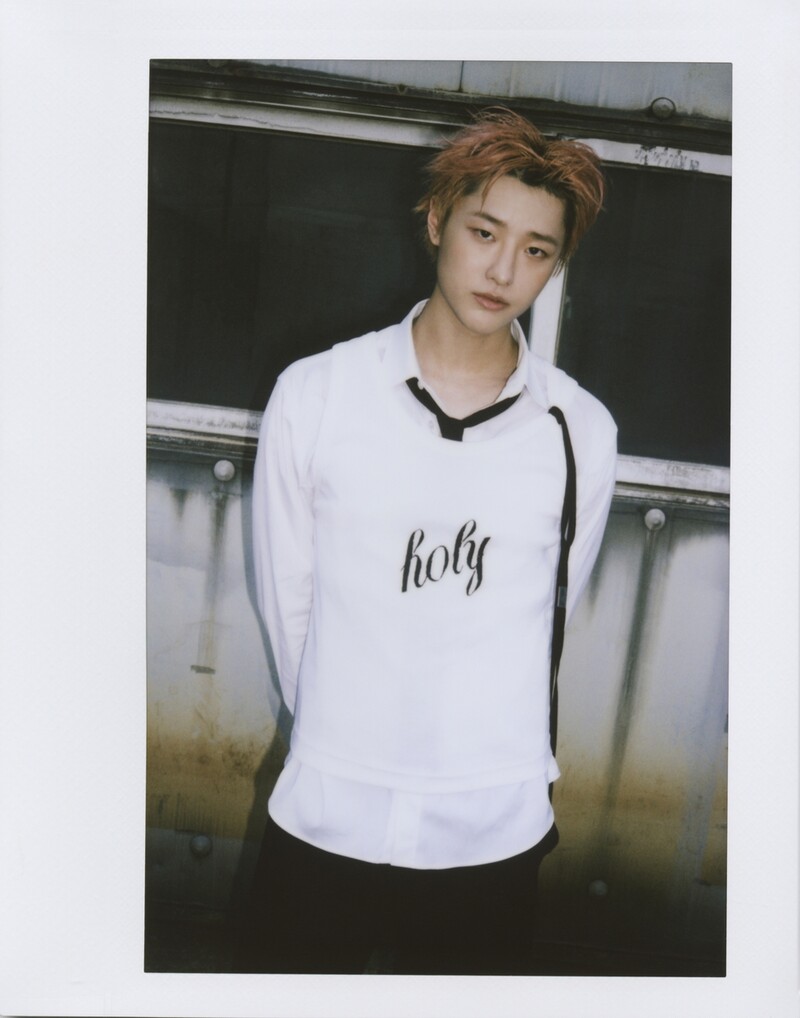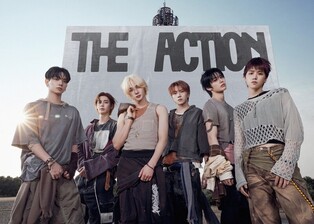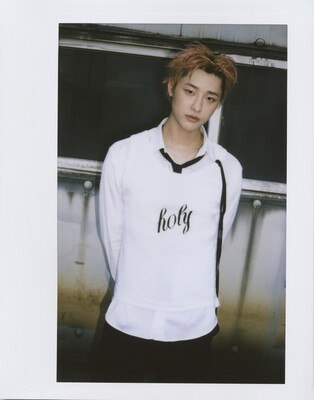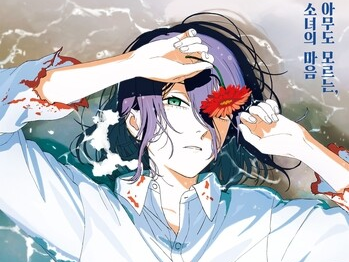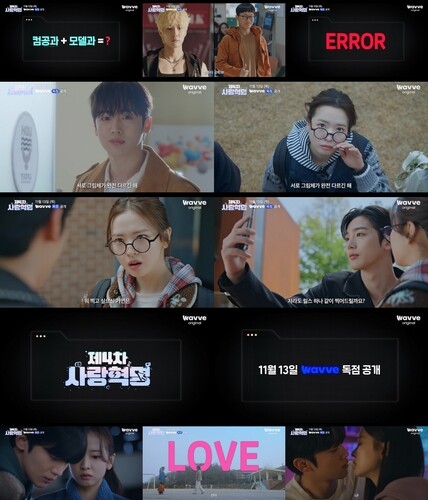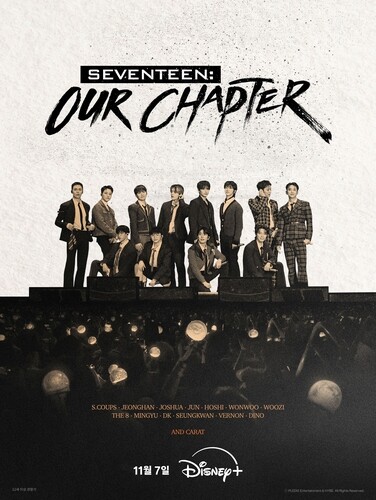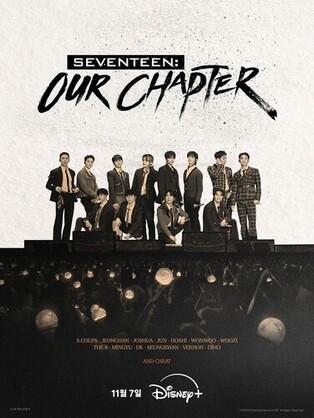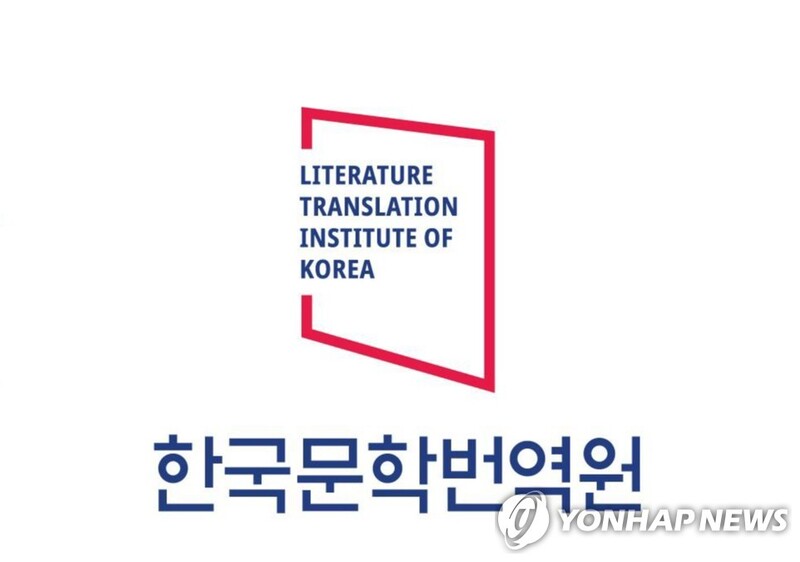 |
| ▲ This photo, provided by Naver Webtoon, shows the logo of Literature Translation Institute of Korea. (PHOTO NOT FOR SALE) (Yonhap) |
SEOUL, Feb. 9 (Yonhap) -- A webtoon that a Japanese reader who is not fluent in the Korean language translated to Japanese by using an artificial intelligence (AI) translator has been garnering attention by winning the Representative Translation Award in Korea.
Yukiko Matsue reportedly used Papago – the multilingual machine translation cloud service provided by Naver Corporation – to translate a pre-eminent webtoon “Future Antique Shop” written in Korean to Japanese. The Japanese reader’s AI-based translation won Rookie of the Year in the webtoon category of the “2022 Korean Literature Translation Award” organized by the Literature Translation Institute of Korea (LTI Korea) in December last year.
The Rookie of the Year Award in the webtoon category was given out to those who submitted their translations; the applicants were asked to translate a work of their choice from the several assignments provided by the Institute beforehand.
“I am not at a level where I cannot speak Korean at all,” Matsue shared with the LTI on Wednesday. “I already learned the language for a year 10 years ago, and I have been taking Korean classes at the time of application.”
He added, “My Korean teacher recommended that a webtoon would be readily translated, which motivated me to apply for this Award,” the winner said. “However, my conversation skills are still relatively poor.”
In regards to the process of translating the webtoon into the Japanese language, Matsue shared, “I first finished the webtoon and then deployed Papago for more accurate translations,” explaining, “There were quite a lot of unfamiliar terms and concepts as the webtoon’s protagonist was a shaman. So I tried to apprehend the terms and context by referring to some thesis reports. Then, I cross-checked the translation and made some corrections according to the flow of the work.”
The LTI Korea acknowledged Matsue’s submitted work as a result of AI translation and decided to conduct further policy discussions on the scope of deploying machine translation for forthcoming submissions along with improvements on the overall system of the Rookie of the Year contest.
The future Rookie Award winners will be clearly defined as “those who submit works they have translated by hand without using AI” to be in line with the Award’s main objective of discovering brand-new translators. The award-winning works will also be taking related confirmation procedures.
An official from the LTI Korea said, “Our last year’s Award did lack some details, so we will discuss whether to withdraw the award if necessary. The focus of this case would be how far we would be accepting AI-based translations from now on.”
As the era where AI creates its own work has already come with the growing adaptation of AI among various businesses, the developmental collaboration between humans and AI has been expected to be a hot topic across fields. OpenAI’s “Chat GPT” not only feels like talking to a human being but also can also write reports and papers, do coding, and even compose in a short time.
Kim Wook-dong, an honorary professor at Sogang University, who recently published “The Way of Translators,” said on the phone, “In fact, AI technology has reached the level where it can almost perfectly translate newspaper articles, legal and diplomatic documents, product ads, and literature translations,” adding, “However, besides such technical translations, AI yet struggles to capture human’s subtle emotions, implications, and nuances.”
“AI cannot replace humans but it definitely can serve as a tool for translators,” the professor emphasized.
(This article is translated from Korean to English by Ha eun Lee)
(END)
(C) Yonhap News Agency. All Rights Reserved




















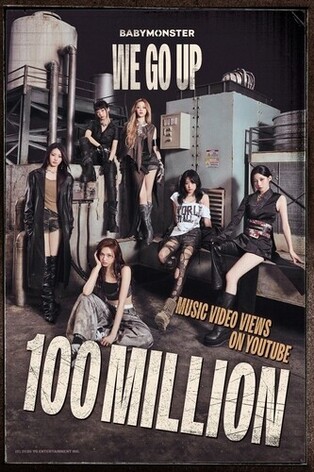
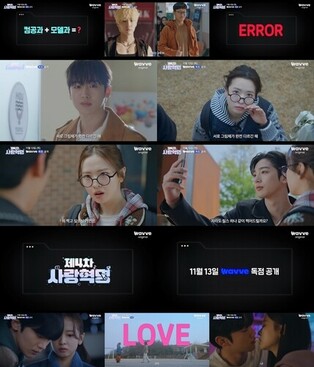
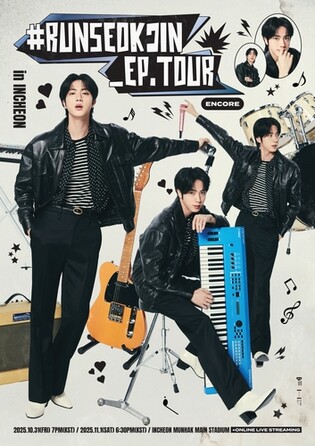
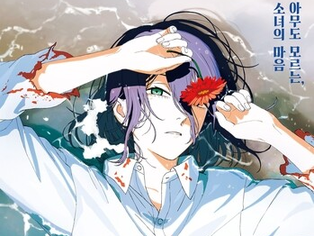

![[가요소식] 보이넥스트도어, 신보로 3연속 밀리언셀러 달성](/news/data/20251025/yna1065624915905018_166_h2.jpg)
